Tadeusz Białoszczyński
Nascimento : 1899-11-25, Tamanowice, Austro-Węgry (obecnie Ukraina)
Morte : 1979-01-24
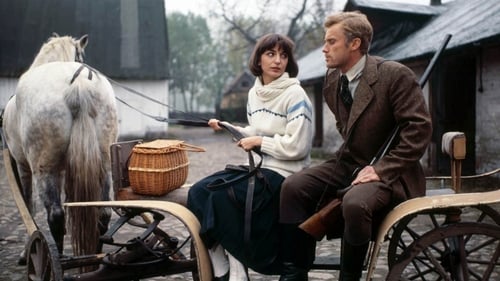
Wiktor's Uncle
Set in the late '20s. A thirtyish young man, who heads a small factory, faints at the funeral of a close friend. He decides to go home to his aunt and uncle for a while, but gets involved with a family of five women who had been in love with him at one time though he had apparently loved only one, who, unknown to him, has died since his departure. The women are mainly disillusioned with life or estranged from husbands while the youngest has a crush on him.

Alfred Jendl, przewodniczący składu sędziowskiego w Krakowie
In 1931, just before the New Year, in a house of architect Henryk Zaremba scream rips the night. The daughter of Zaremba is found killed in her bedroom, obviously killed with a pickaxe. The police arrives and starts the investigation. Rita Gorgonova, the governess of the girl and also lover of Zaremba becomes the main suspect. Film based on real events - investigation and court trials of the most famous pre-war Polish murder case. Despite being historically accurate the movie is both involving and entertaining since the case was simple on the surface, but very complicated in details.

Sędzia

profesor
Young former partisan recalls his war experience during a trip to the sea.

Professor Pilarski
A coming of end story about fourteen years old Yurek, his adventures during the vacations and his first love.
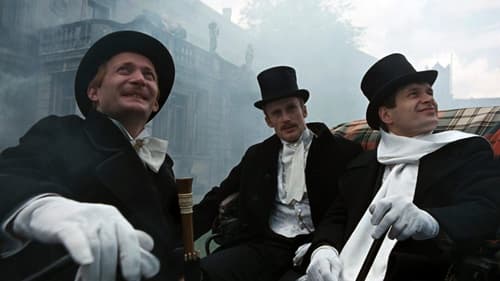
Karol's Father
The Polish film based on the book of the same name by Wladyslaw Reymont. Taking place in the nineteenth century town of Łódź, Poland, three friends want to make a lot of money by building and investing in a textile factory. An exceptional portrait of rapid industrial expansion shown through the eyes of one Polish town.

Markgraf Geron
Told in flashback as Mieszko lies feverish in his bed just before the Battle of Cedynia, Gniazdo recounts how the revered leader extended Poland's borders, formed an alliance with Emperor Otto I, and ultimately strengthened his country's autonomy by achieving victory during that crucial battle in the year 972.
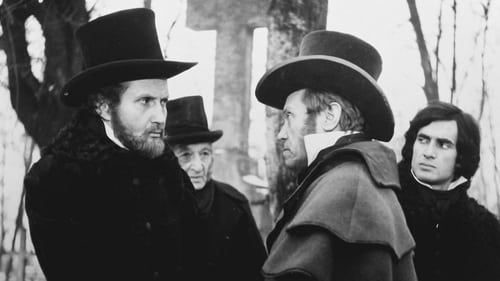
Łukasz, lokaj Starzeńskich
The story is set in 1830s, shortly after the November Uprising in Poland. Julian, a young man with artistic interests, comes back home from abroad, where he studied history of art and anatomy. He wants to visit his father and meet his new wife, Katarzyna. Julian's mother died 6 years ago and although her husband promised her that he will never get married again, he broke this oath. The woman's ghost has not abandoned the house and is waiting for the punishment for her unfaithful spouse. It also influences Julian, who falls for his attractive stepmother. The doomed events constantly lead to a tragedy, which is about to happen…

Reproduction of the Nuremberg trials using transcripts, made for Polish TV.
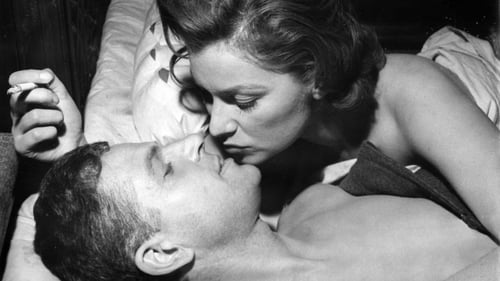
After WWII a soldier returns to his Polish homeland from Scotland.
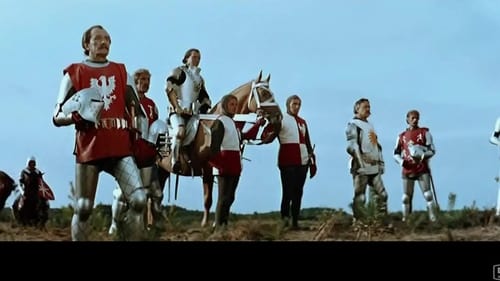
Duke Janusz I Mazowiecki
A tale of a young impoverished nobleman, who with his uncle returns from a war against the order of the Teutonic Knights in Lithuania. He falls in love with a beautiful woman and pledges an oath to bring her "three trophies" from the Teutonic Knights.

szyper Kujawa, "Wiślak"

Premier

Capt. Roman Obersztyn
Three women, ex-prisoners of a nazi deathcamp, decide to live together after the war.

Bartoszek
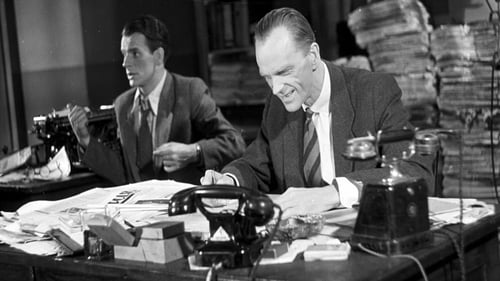
Bruno Sztorc
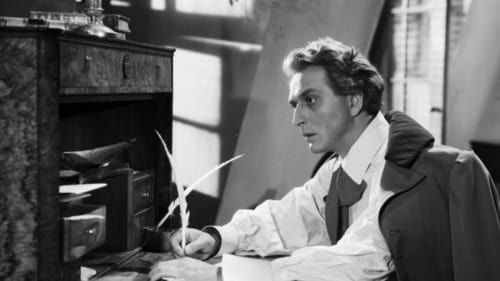
Joachim Lelewel
As directed by Aleksander Ford in 1952, this Polish-language period drama chronicles the life, times and accomplishments of revered Warsaw-born Romantic composer Frederic Chopin, here played by Czeslaw Wollejko (Danton). The feature focuses exclusively on the youth of Chopin (who died at age 39), spanning his 15th year (c. 1825) through his 21st year (c. 1831); it also depicts Chopin as both prodigiously gifted and one filled with a tremendous spirit of Polish nationalism. Ford concludes with the onset of the illness that eventually killed Ford, set against the backdrop of the famous November Uprising in 1830.

Aleksander
Two children are born in a rich family's manor house - one of them, Gogo, is a son of a countess and the second one, Maciek, a son of the servant. The servant decides to switch the babies so her son can have a better life. They both grow up and fall for the same woman, a girl named Kasia raised by the countess.

Generał von Freden

Tadeusz Kosciuszko
Directed by Joseph Lejtes.

dyrektor Różycki
Bronka, Franka, Amelka and Kwiryna are four girls living in the same poor district of Warsaw and going to the same school. They all fight for a better future but what the future brings is usually disappointment, sometimes even tragedy.

Captain Łukasz Śmigielski
A story about a group of high school graduates, their unbreakable bond and life and death friendship.










